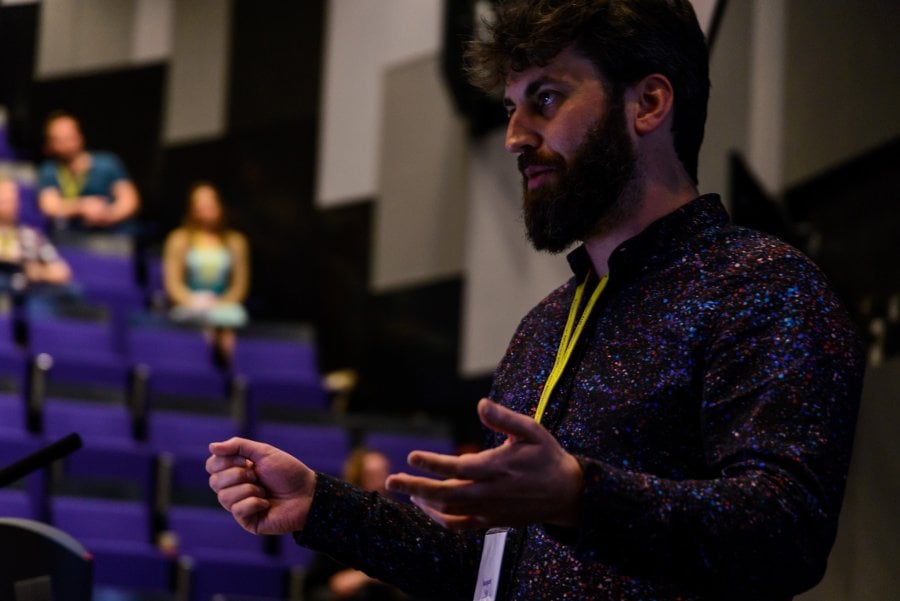Exploring individual differences in egocentric social networks

According to Dunbar’s social brain hypothesis, an individual’s social network can be conceptualised as a series of concentric circles decreasing in emotional closeness but increasing in size, as we move further away from the individual. The innermost layers are known as the support group and the sympathy group. Support groups consist of individuals who can offer support in times of severe emotional or financial distress: they typically have an average size of 5 members. Sympathy groups consist of individuals whose sudden death would be greatly upsetting (12-15 members, inclusive of support group). There is, however, substantial variation in the size of these network layers. One factor which could account for this variation is personality, and in particular introversion-extraversion. Here, Dr. Thomas Pollet reviews some of his research on this relationship between personality and egocentric network layers as well as its potential implications for studying loneliness. Finally, he discusses how studying egocentric social networks could be relevant to health and health-related behaviours.
Dr. Thomas Pollet obtained his Ph.D. at Newcastle University (UK). He has since worked as Assistant professor at the University of Groningen (the Netherlands) in the department of Evolutionary Social Psychology where he taught several courses on evolution and human behavior. He was also employed as Assistant Professor at the VU University Amsterdam (Social and Organizational Psychology) where he carried out teaching and research using an evolutionary framework. From November 2016 to July 2017 he worked for Universiteit Leiden. In July 2017, he took up a post as Associate Professor (Reader) with Northumbria University.
Please note that this session will NOT be live-streamed/recorded.
Admission
Contact



